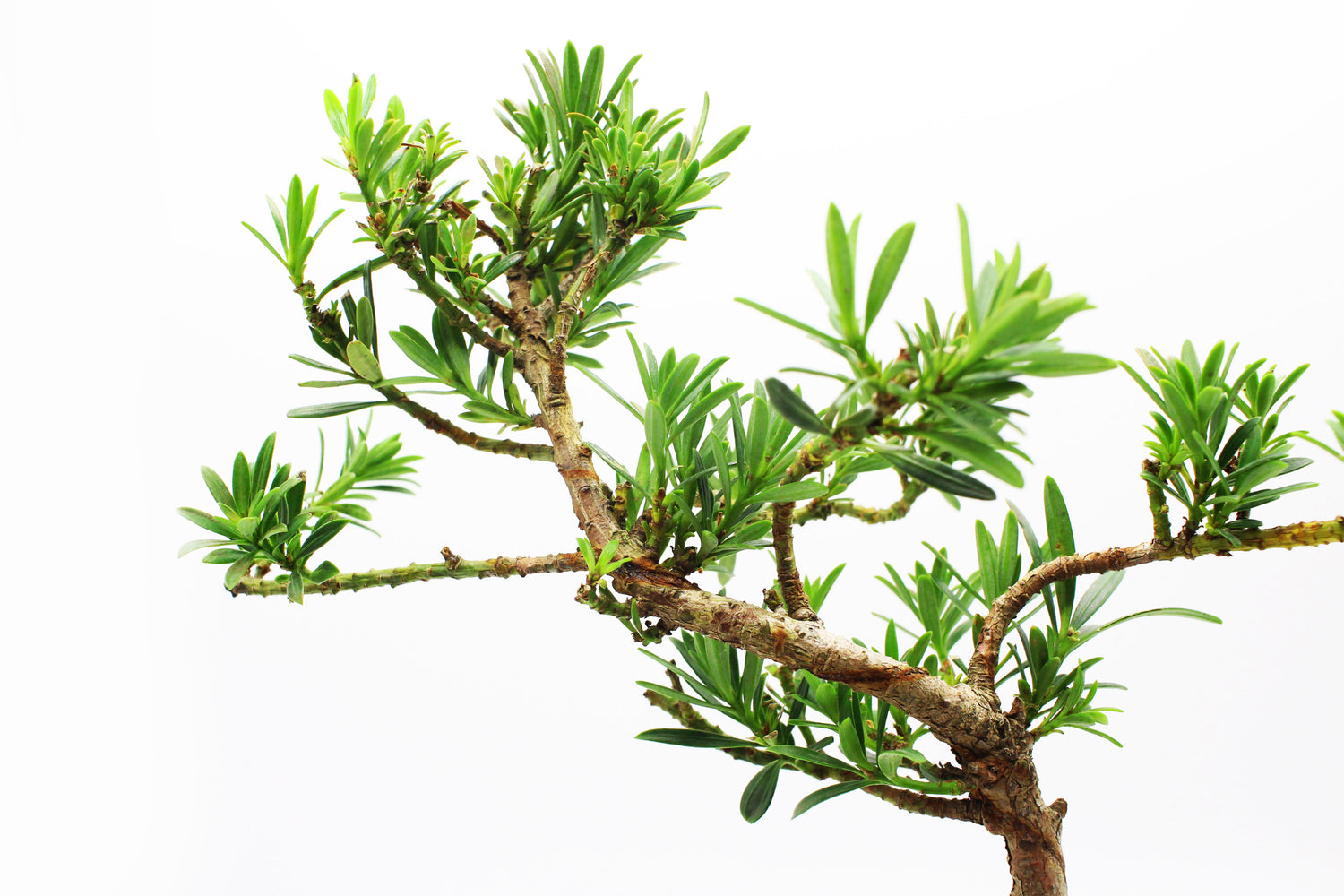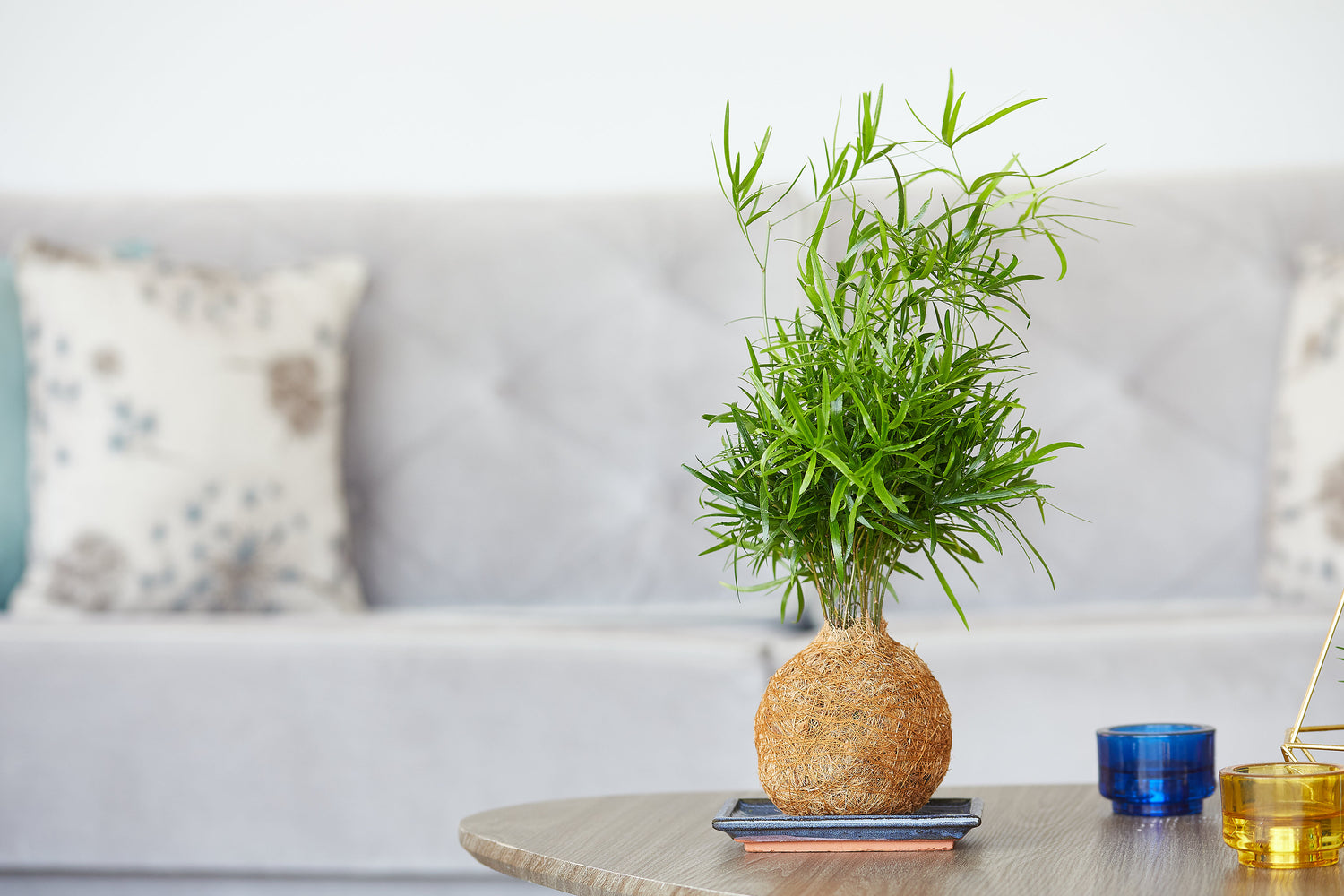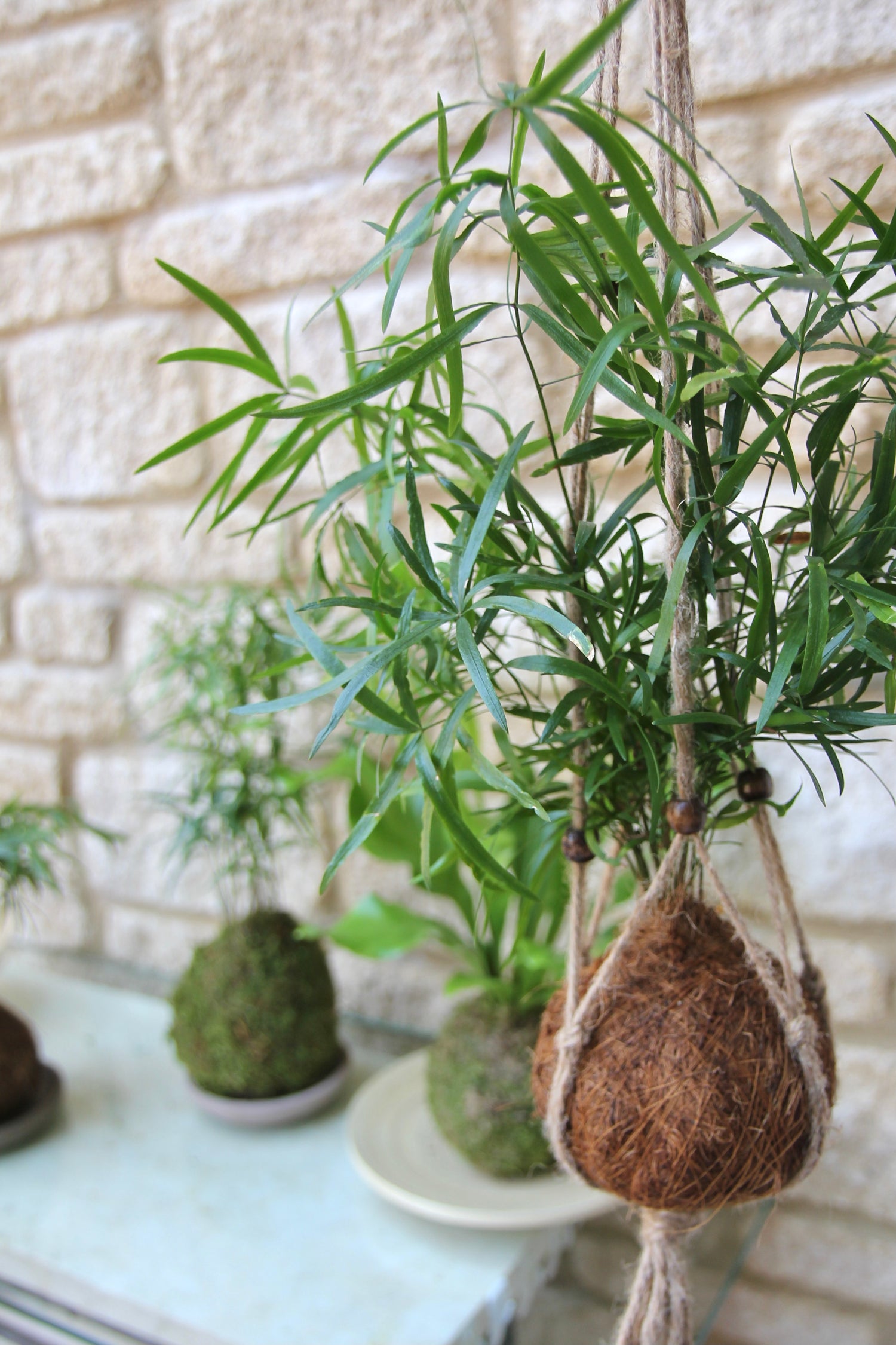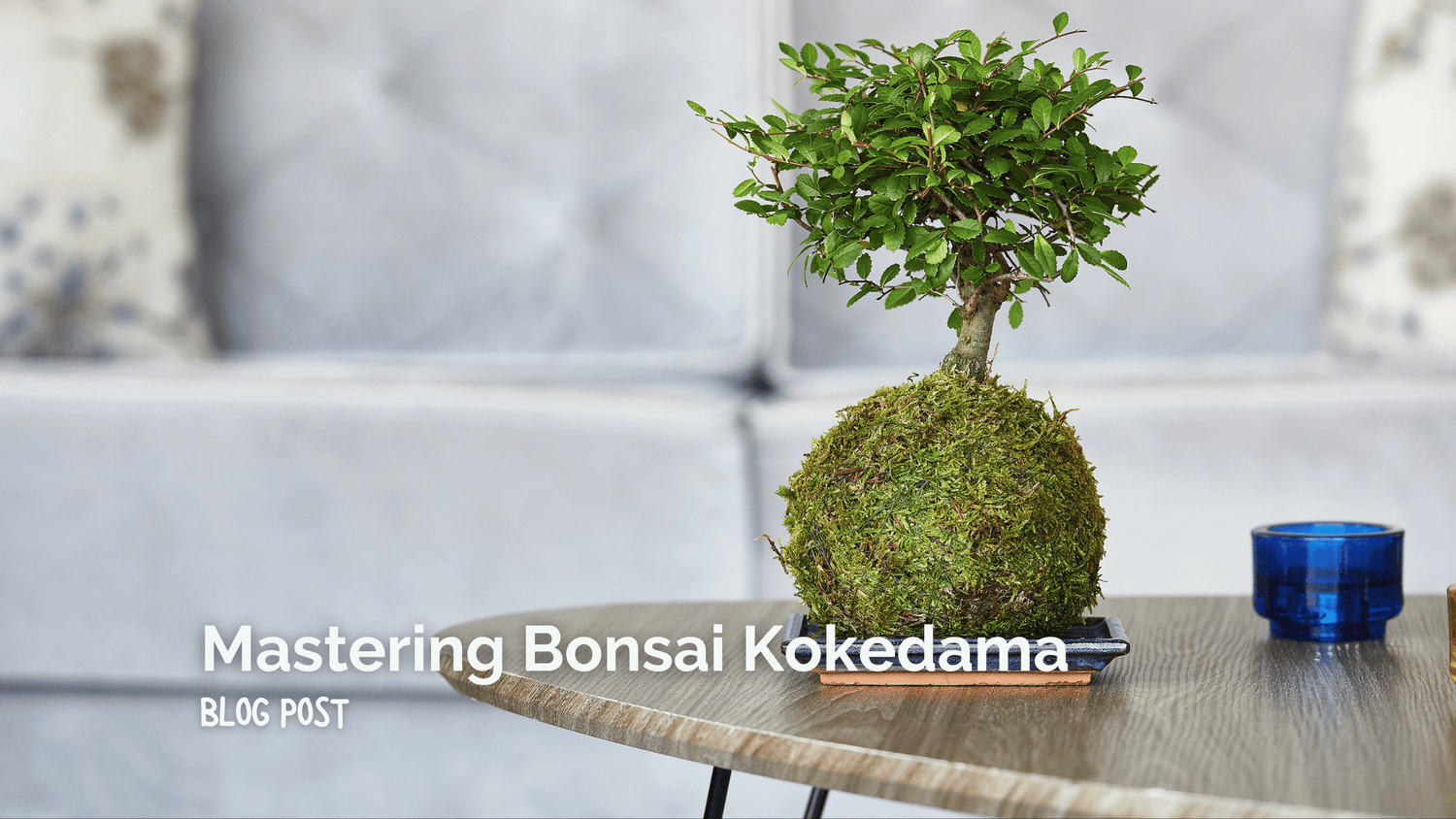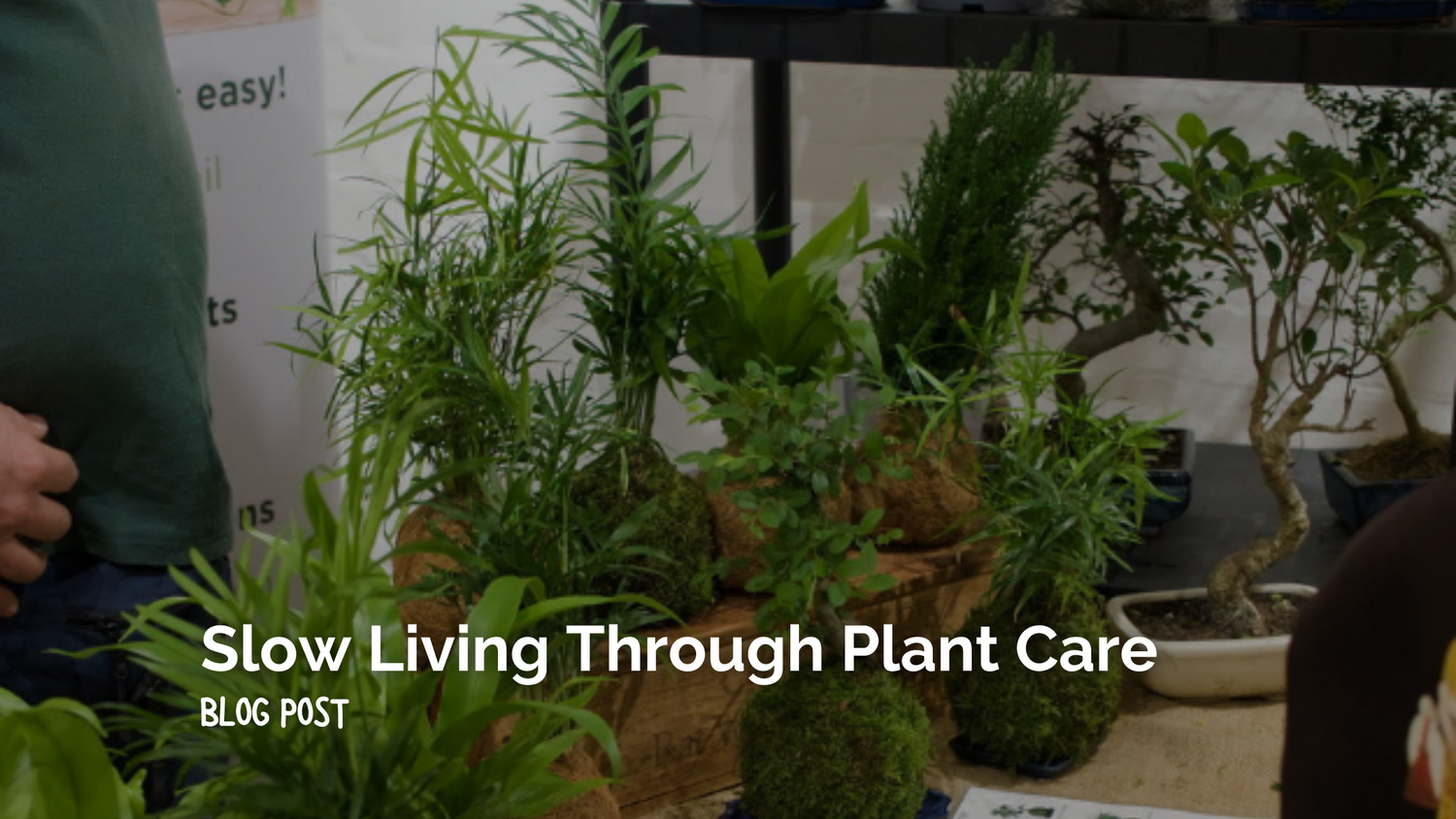It is stated that one in five of us in the UK suffer from hay fever - about 12 million - and anyone who lives with it knows how debilitating it can be. Been looking for natural solutions?
It may seem counter-intuitive but there are in fact many plants that tackle the effects of hay fever — those that have a low pollen content and ‘grab’ allergens in their leaves are perfect air cleansers. These little fellas are known as ‘fresh air plants’
Now, before you become sceptical at how a plant could clean the air as opposed to, for example, electrical air purifiers, Tranquil Plants would like to remind you that without plants on earth you wouldn’t even be alive. They constantly absorb carbon dioxide and transform that into the necessary oxygen that we breathe daily. The only reason why we have that breathable atmosphere is due to the plant kingdom. Compound that with scientific studies on the smaller-scale effects of plant air purification, where in 1989 NASA conducted a ‘clean air’ study to test the best plants for cleaning out toxins in space station air. This proved to be a groundbreaking step in pragmatic plant know-how for those on the earth as well as hundreds of miles from its surface. The study showed how plants can be of huge help in cleaning the air in general, and in alleviating those pesky hay fever symptoms.
Hay fever is often made worse by the effects of “sick building syndrome” (see our blog), which is essentially illness arising from a build up of toxins in indoor air which are not ventilated properly. This can be, and often is due to toxins like formaldehyde and benzene released from any number of things around the house. These sources include upholstery, synthetic building materials, wallpaper and cleaning products. Symptoms include irritation of the eyes, throat, drowsiness and dizziness. Compounded with the effects of hay fever, this can be greatly to our detriment.
It’s easy once hearing such information to go for the option of buying an air purifier machine. Although they may seem reliable, they rely on electricity and the reality is that they’re much more likely to break within a year or two as opposed to plants which, with proper care, will stay with you for much longer than five years.
In general, hay fever is caused by pollen in the grass. This accounts for 95% of cases according to the Express newspaper, but it is a misconception that those who are affected should avoid all plant life possible. Here we tally up the top three plants for alleviating the effects of hay fever through removing toxins which adversely affect all of us.
The list is as follows:
1. Dracaena (dragon plant):

The dracaena, nicknamed the dragon plant due to its fiery red sap, grabs formaldehyde, toluene and xylene from the air and holds them in its leaves. All of these toxins are associated with the effects of sick building syndrome and aggravate the symptoms of hay fever. However, be careful of over-watering with the Dracaena as the roots can rot easier than most other plants.
2. Spider plant

Spider plants remove formaldehyde, benzene, toluene and xylene, all common toxins that cause sick building syndrome. These plants are probably the most hardy.
3. Palm:

Palms humidify and oxygenate the air as well as removing formaldehyde, xylene and ammonia.
All three of these plants are hardy, sustainable and require little effort on the owner’s part. At our website we also have guidelines on how to care for them properly under each plant section, but there’s really no need to worry about killing them as long as you follow some basic guidelines for each of your plants’ needs.
There are, of course, many other plants which remove toxins from the air and help to alleviate the symptoms of hay fever in this way. We have a whole section on ‘fresh air plants’ that you can scan through, and often we are introducing new plants to the list. Another great one for detoxing the air is the English ivy, which we might even have in stock soon.
Our sources
http://www.express.co.uk/life-style/garden/480714/No-allergy-plants-for-hay-fever-sufferers -
https://www.gardeningknowhow.com/houseplants/hpgen/houseplants-for-allergies.htm
http://news.bbc.co.uk/1/hi/magazine/8701268.stm


